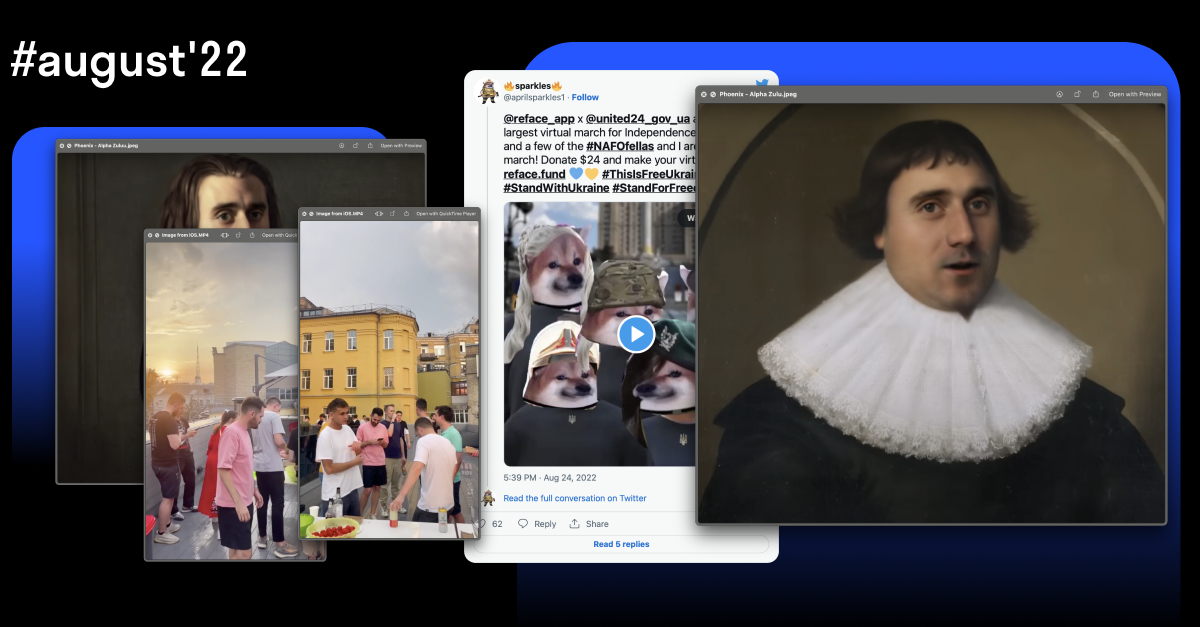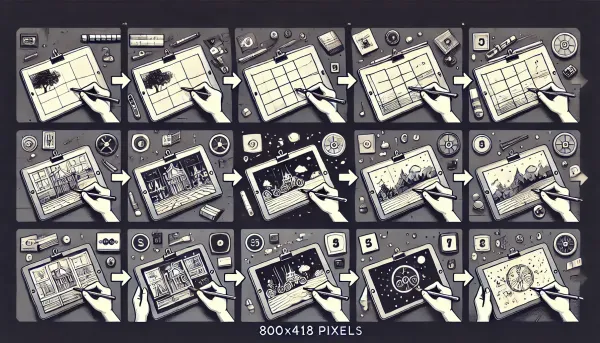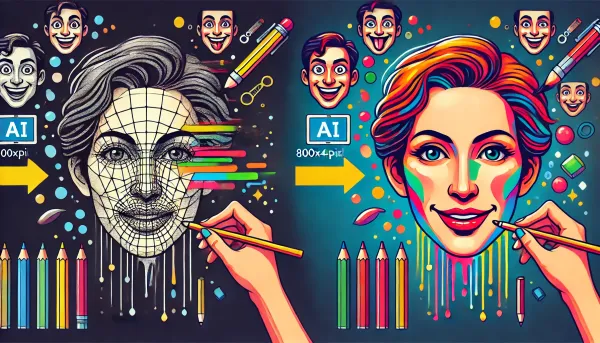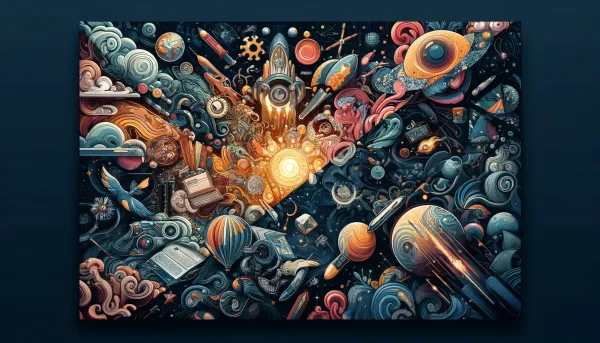The last summer recap. A letter from the CEO | August
#august'22

The last days of summer became newsworthy as NASA postponed the long-awaited launch of Artemis I, a crewless space capsule, into the moon's orbit to September 3rd. Its romantic journey over the dark side of the moon and back will last 40 days before Artemis I lands in the Pacific Ocean. It's been a busy summer in the tech industry, Refacers, so it’s time to sort everything out.
In today’s letter:
⚡️ Reface Breaking: Reface Independence Walk, the first official music video made with Reface tools & more AI experiments
💸 Number: why a16z has spent a fortune on the new startup of the controversial WeWork co-founder
🤜 Point: regarding the quality in the metaverse’s CGI: enable philosoraptor mode!
🤫 Smoking room: Starbucks joins web3, skyrocketing metaverse dating, and Bitmoji fashion
🍻 Reface dudes: Goodbye summer
⚡️breaking
AI-Walk of Independence!
We wanted to do something special on the Independence Day of Ukraine to unite those who want to share support for our country. Thanks to our teams, we launched the largest virtual Independence Walk with the help of Reface capabilities and enabled the donation option. Anyone could join the march by creating a personalized video of themselves and their friends or celebrities in front of the background of Ukrainian cities, including Kyiv, Donetsk, Simferopol, Mariupol, and others.
Alpha Zulu music video by Phoenix
A French indie pop band Phoenix created a new music video “Alpha Zulu” with Reface’s animation tool, making characters from the classic artwork sing their song. We're really excited to see our features used to release big projects like this, and we've added this video to the Reface app so everyone can join in!
Also, if you were wondering how AI filmmaking would look like, here's a cool experimental video generated with AI tools including Reface.
Another Ai filmmaking experiment.
— Jon Finger (@mrjonfinger) July 27, 2022
Every pixel you see and voice you hear is generated by AI.
Apps:
Images: @midjourney
Voices: altered ai
Faces motion: Reface app
Camera movement: PopPic app pic.twitter.com/5gboySN4Rg
💸 number
$350M
In August, Andreessen Horowitz's venture capital fund wrote its largest individual check to Flow, the new community-driven start-up headed by Adam Neumann. This is impressive news, although Neumann has earned the fame of an eccentric entrepreneur and party animal who revolutionized commercial real estate in the 2010s and just as loudly burst the WeWork bubble on his investors at the start of the pandemic. Looks like Neumann is back in business, and his new startup will focus on operating over 3,000 apartments purchased in different states.
The rising demand for remote work may open up new opportunities to create a community. If Neumann implements this concept in a new company, Flow could become a unicorn long before the official launch in 2023. According to The New York Times, the round values Flow at over $1 billion, another robust forecast of Neumann's new brainchild.
🤜 point
Why are the graphics in the Metaverse so bad?
A week ago, Meta announced the launch of its metaverse platform Horizon Worlds. Mark Zuckerberg manages to push his visionary narratives to the masses, but his ridiculous cartoon avatar almost got rotten tomatoes because of its poor graphics.
An immersive virtual world that will replace a big part of our real life is the main promise of the metaverse, and top tech and gaming companies have been working on this in recent years. However, its visual part is still at the bottom. Why are computer graphics still full of flaws wherever they’re used?

There are many answers to this, but the basis is rendering graphics, and this process drags behind when it comes to representing 3D objects and spaces in real-time. Two years ago, the AI industry invented a solution to this problem — a neural 3D rendering method (NeRF) that allows you to assemble a three-dimensional scene or object quickly with maximum quality based on a set of images of whatever you want to transfer into the virtual space.
NeRF development is still far from finalization, but when it scales in the market, many industries will see a giant leap in their capabilities — from entertainment to education and business. Check out this cool article by British journalist Chris Stokel-Walker to look into the issue from a different angle.
About a billion people worldwide will become Metazens by 2030 if Mark Zuckerberg is able to carry out his plans. In this case, the metaverse industry will boost the economy, reaching $8 to $13 trillion by the end of this decade. These promising numbers have attracted nearly $180 billion into the metaverse since early 2021. Well, NeRF developers had better speed up if they want their payout.
🤫 smoking room
Overheard at the water cooler
- Starbucks is getting into web3 — no coffee guaranteed, but we’ll see many new NFTs.
- Tinderverse to come: a new Forbes column about companies flooding the metaverse with dating services shares how far our loneliness has gone online.
- Snap cuts its path in Bitmoji fashion, launching a new sale of items for customized avatars. Finally, fashionable cartoons.
- DJs are performing in the metaverse, too. A VR school simulates a DJ”s equipment to give access to it.Meta AI researchers are developing multifaces (whatever that means).
🍻 Reface Dudes
We continue to bring our victory closer and rejoice every day. Over the weekend, we gathered on the terrace in the rain to say goodbye to this summer, which was rad.
That’s all the news for today. Have a productive autumn (check out my Twitter, BTW), and see you at the next recap.
Dima Shvets






